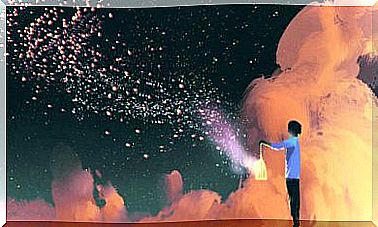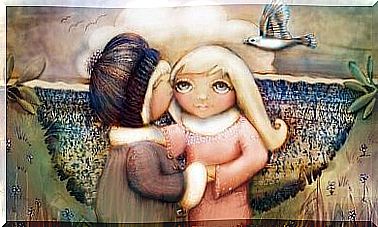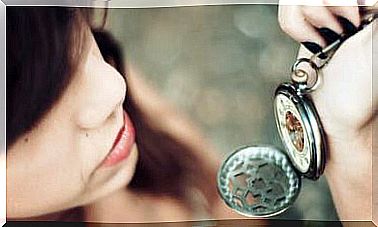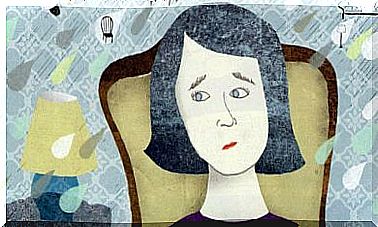Tell Me Again How Everything Was When I Was Born
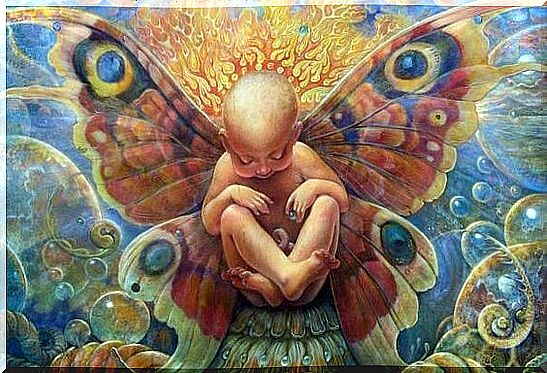
Mom, tell me one more time how it was when I was born. Dad, explain to me what you felt, tell me if you were scared during those hours until I was born, describe to me what your joy tasted like … and if when you saw me for the first time I had any resemblance to what you had dreamed of. Explain to me again how everything was when I was born, even if I know the story well enough, because they say that remembering is living again and evoking is undoubtedly sharing happiness.
Every child at some point in their childhood feels the desire or curiosity to know what that moment was like when they came into the world. Sometimes, it is the parents themselves or even the grandparents who give shape to this story where, almost always, the obstetric and even the traumatic aspects of many births are put aside, to concentrate exclusively on the emotional, in shaping a vital prologue bordered of magical anecdotes and symbolic details that will give the child a significant origin, a reference, a portal.
These stories woven within a family nucleus also define us as people. Knowing “what happened when I was born”, what particularities occurred and visualizing for a moment our parents discovering us for the first time is something that helps us to position ourselves, to position an origin, the first marker on the line of our life. Because .
Plato said in his texts that the simple act of being born implies beginning to “forget”. As the Athenian sage explained to us, when the soul is enclosed in the body and in its sensible world, we lose a vast universe of wisdom that was originally bequeathed to us. We must therefore begin to learn again to “remember” what we once knew, what was once ours.
His theory of reminiscence is not without interesting nuances, and more so if we ask ourselves, for example, what kind of instinctive, atavistic and primal knowledge or wisdom fetuses can have while they live in that liquid, serene and placid environment that is the uterus. maternal…
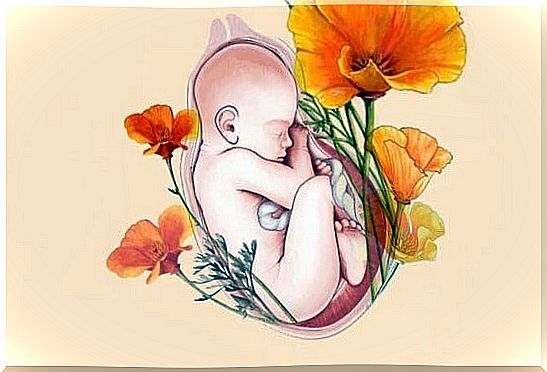
Before we are born, we already recognize faces
Before reaching the world, the fetus already knows itself human. In his brain, still immature, the universe of instincts inhabits, beating, pumping with force in those brain cells and in those genes where everything we are, everything we need is inscribed. So much so that this baby, who has not yet seen anything of the outside world and who has never had a face before him, is able to identify and respond to a face.
At the beginning of June of this year, the University of Lancaster, in the United Kingdom, published an interesting work in the journal “Current Biology”. It explained how fetuses at 34 weeks react exclusively to shadows shaped like a human face. The researchers projected light through the wall of the mothers’ uterus to discover how the fetuses turned their heads only to follow face-shaped images. The rest of the stimuli, the rest of the forms were of no interest to them.
These experiments have shown two simply amazing things. The first is that fetuses between 33 and 34 weeks are already capable of processing sensory information and discriminating it. The second, and even more fascinating, is that we are “wired” to connect with our own species. Postnatal experience is not required to know, for example, what mom or dad will look like. The baby will not know its features, of course, but it will “recognize” or “remember” (as Plato would say) what its own species look, shape and proportion have.
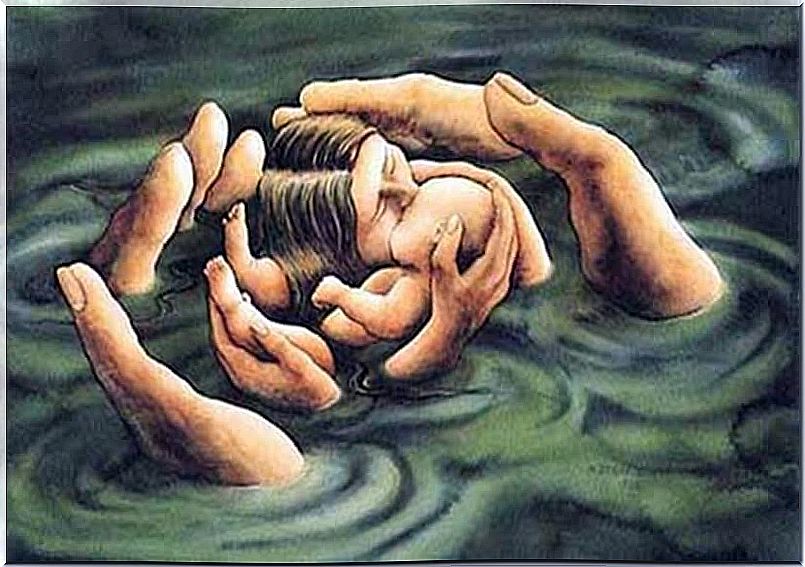
What I remember when I was born …
What we remember from the moment we came to this world is nothing. It is a sea lost in the thicket of time, it is a tunnel that fades in the few convolutions of a brain that has not yet formed a mature prefrontal cortex. Likewise, this memory is vague if not non-existent because the newborn’s brain has a poorly functional hippocampus, that structure that determines what sensory information is going to be transferred to “long-term memory” is not yet active, and will not be until the age of three when the little one begins to consolidate meaningful memories.
However, psychologists have discovered that three- and six-month-old babies do keep one type of memory for quite some time: they are implicit or unconscious evocations, those that are stored in the cerebellum and that allow them, for example, to associate feelings of warmth and security with the mother’s voice. They are imprints associated with instinct, with that latent rumor of our brain that encourages us, that pushes us to make contact with our own, to what is vital to us.
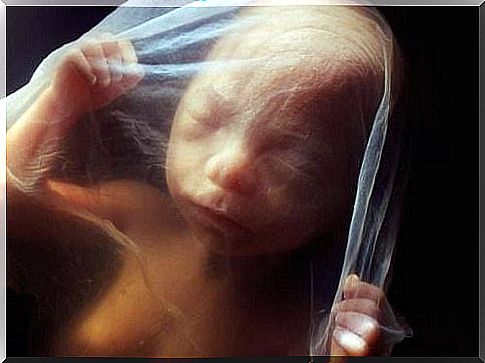
To conclude, we can say that none of us remember our birth, we do not know what emotions, what thoughts suddenly assailed us when we made contact with that external world full of shapes, colors and angry sounds. It may seem threatening to us, we may panic. It may even be that that fear was instantly extinguished, just when we were placed on that perfect refuge that is the skin of a mother.
And just because we lack a memory that marks our own origin, our existential prologue, we always appreciate the story of our family, that story lined with details and magic that every father, that every mother, bequeaths at some point to their own children …
